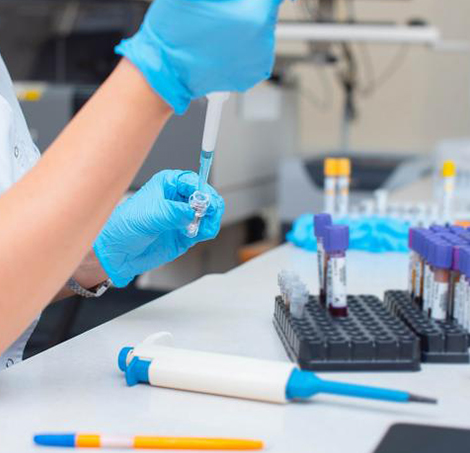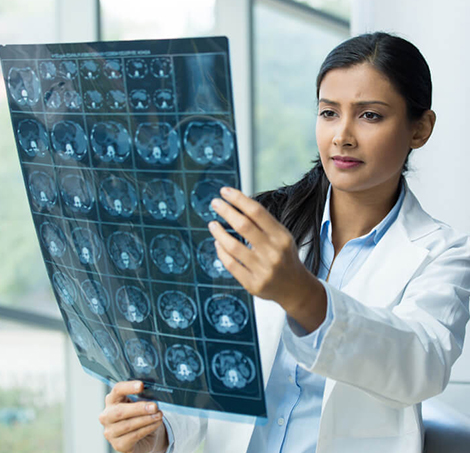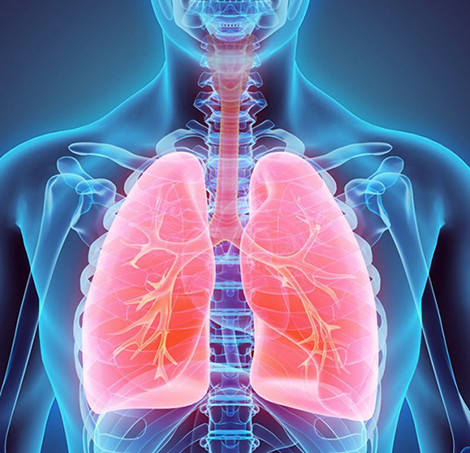Neuro Surgery
Neurosurgery (or neurological surgery) is the medical specialty concerned with the prevention, diagnosis, treatment, and rehabilitation of disorders which affect any portion of the nervous system including the brain, spinal column, spinal cord, peripheral nerves, and extra-cranial cerebrovascular system
A neurosurgeon is a physician who specializes in treatment and surgery of the nervous system and its surrounding structures. Neurosurgeons operate on the brain, skull, scalp and spinal column.
Because of advances in technology, (the MRI and CAT Scan, the ICP monitor and the shunt), brain injury, in general, is more likely to have a positive outcome than it did several years ago.
One of the most important roles the neurosurgeon performs in the treatment of brain injury is in the prevention of further damage to the brain. This is accomplished in several ways.
When the brain is injured, the brain will swell. Because it is encased within the skull, this swelling will cause parts of the brain to compress. This compression decreases the blood flow and oxygen to parts of the brain which, in turn, causes more swelling.
One of the goals of the neurosurgeon is to break or diminish this cycle. This can be accomplished by removing any hematomas (blood clots) which are pressing on the brain and surgically repairing damaged blood vessels to stop any further bleeding. This gives the brain more room, increased blood flow and helps stem the cycle of compression and swelling. In severe cases, portions of the brain that are damaged beyond recovery may be removed to increase chances of recovery for the healthy portions of the brain.
The neurosurgeon is also responsible for the insertion of Intracranial Pressure monitoring devices. These devices, which measure the pressure within the brain, alert the medical team to increases in pressure, allowing them to intervene when dangerous. The Heamatology department is equipped with Two-Automated Heamatology Analysers of Horiba. One of them is Pentra – a 5 parts differential cell counter and other one is Micros-60. The immunological test are done on study instruments – Vidas and Mini-vidas which take care of hormones like Thyroid Test, all Elisa Tests and Tumour markers like PSA, B-HCG.
Recently the Microbiology department is also updated with Modern automation in Microbilogy – Vitek-2 and Bactalert, the latest fully automated Microbiology Analyser. All these machines are latest, user friendly, most accurate and “stat’ type, that is no time is wasted for an urgent life saving test. The instruments are working round-the-clock and are operated by well trained qualified senior technologist. The pathology lab is also equipped with numerous support instruments like “Olympus” Microscopes, number of REMI Centrifuges and many latest refrigerators for proper storage of chemicals.


















